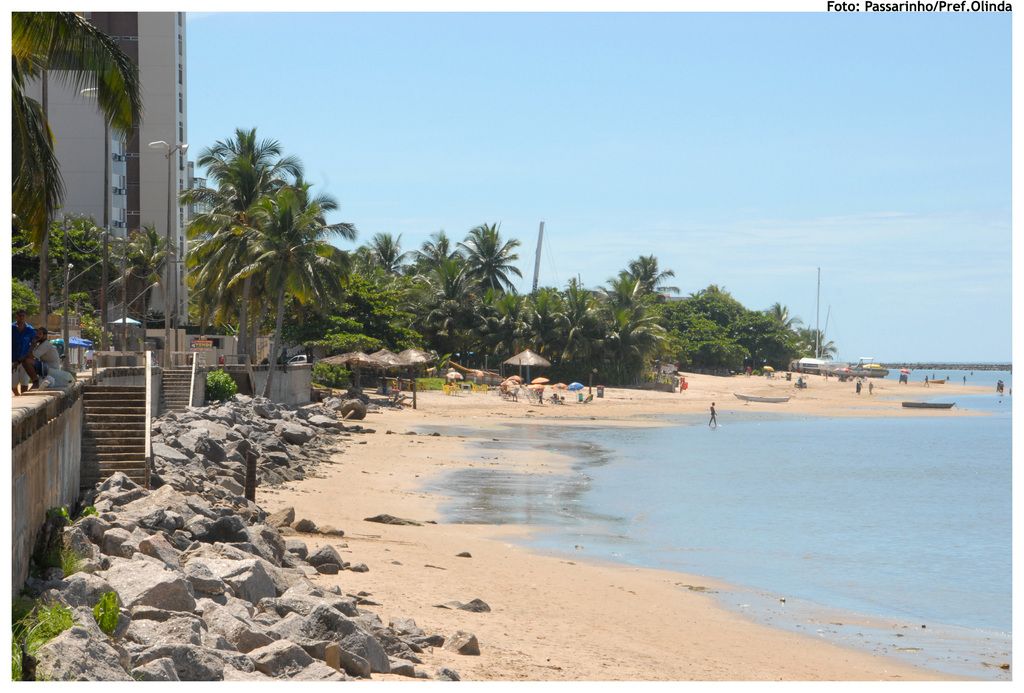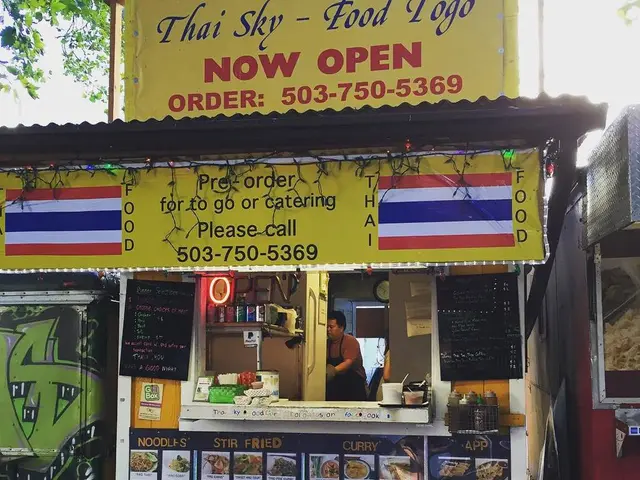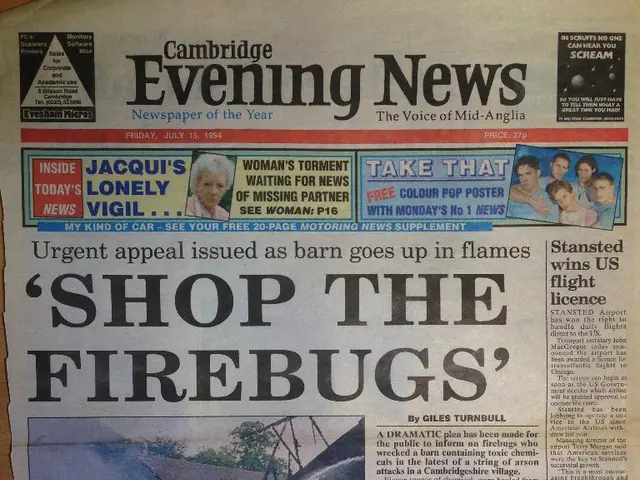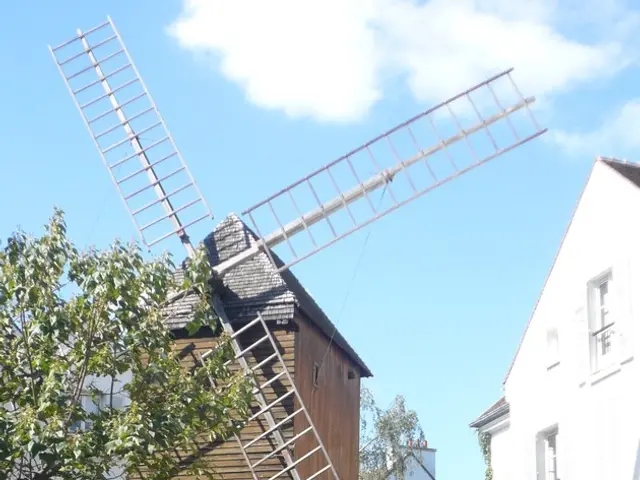Harvesting Nature's Bounty: Introduce a Dashing of Wildness into Your Meals!
Infiltrating the Wild: Your Backyard's Hidden Treasures
Prancing into your thirties with a newfound nerdiness is not uncommon, ahem, bird watching or taking up gardening, for example. I've taken a liking to gardening and plant identification myself, and let me tell you, once you can differentiate some green stuff, you just can't help but Google Image search like a maniac!
Turns out some of the plants in my backyard that I used to consider pesky weeds are actually native to the area and beneficial for wildlife. Many of these plants, like dandelions and wild violets, are even edible! You might've heard about the Save the Bees campaigns. These little guys love these native plants.
Eating flavors Mother Nature gifted you for free without even trying? That's called foraging. Ever considered picking up wild plants growing right outside your house? Sounds like witchcraft, I know, but hey, if you're dreaming of a kitchen filled with jars and herbs, this blog post is for you!
Rediscovering Our Roots
The interwebs recently blew a gasket over an influencer who didn't realize she could pick and eat fruit from a tree in her backyard. After the initial snickers died down, it sparked a conversation about how disconnected we've become from food production and our ecosystem.
Foraging isn't just about saving cash, kiddo. It's a way to lessen your carbon footprint by dodging the manufacturing, packaging, and distribution chains associated with conventional food shopping. Buying locally grown, organically produced, and ethically sourced food is a less radical option, but it's still an awesome way to live greener.
Insta-Foragers, TikTok Whisperers, and YouTube Gurus: A Modern Revival
If you're a social media hermit like me, checking out foraging videos on @blackforager on Instagram, @alexisnikole on TikTok, and YouTube is a must! Foragers like Alexis Nikole Nelson discuss not only what's edible but also the history of foraging.
For example, did you know that black and indigenous communities in the United States were once experts at gathering food from nature and foraging to supplement their diets? Post-slavery property laws made it difficult and also unpopular for people to forage safely, says Nelson.
The Risks and Rewards of Modern Foraging
Everything in moderation, right? Some fancy-schmancy restaurants are using wild mushrooms and plants in their dishes, which can cause shortages and harm the environment. So, it's essential to forage responsibly.
This matters especially for native plants, as we share these food sources with local wildlife. When it comes to non-native, invasive plants, go ahead and eat as much as you can. These pesky plants can overwhelm natural habitats, so it's a win-win!
Common Sense and Caution: A Forager's Oath
We wouldn't want a Into the Wild situation, so remember these rules when starting your foraging journey:
- Don't eat anything you're not 100% sure what it is.
- Don't eat anything you're uncertain came from a clean environment.
If you're now keen to start foraging, you're in for a treat! Foraging books have never been more popular. So, grab a book (or ten), and let's get foraging!
Books for Foragers
- Backyard Foraging by Zachos, Ellen
- Foraging Wild Edible Plants of North America by Vorderbruggen, Mark
- How to Forage for Wild Foods Without Dying by Nyerges, Christopher
And many more! You can find the full list in the enrichment data section. Happy foraging!
- venturing into the realm of gardening, books on foraging have become a valuable resource in my journey, providing insights into not just edible plants, but also their histories and benefits for health and the environment.
- incorporating foraging into my lifestyle has not only expanded my knowledge of food-and-drink options but also improved my home-and-garden practices, as I learn to identify and cultivate healthy-cooking ingredients from my own backyard.
- adopting a forager's mindset in my daily life not only encourages sustainable living by reducing my dependence on conventional food-and-drink sources, but also fosters a deeper appreciation for nature and the interconnectedness of my actions with the health of wildlife and the ecosystem.
- with a growing fascination for foraging, I've come to appreciate the community of foragers sharing their knowledge on social media platforms such as Instagram, TikTok, and YouTube, which has inspired me to explore this practice further, guided by the wisdom of experts like @blackforager, @alexisnikole, and YouTube gurus.








